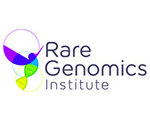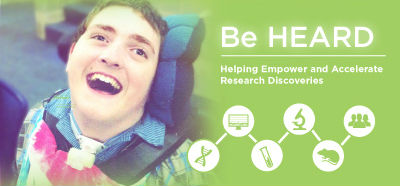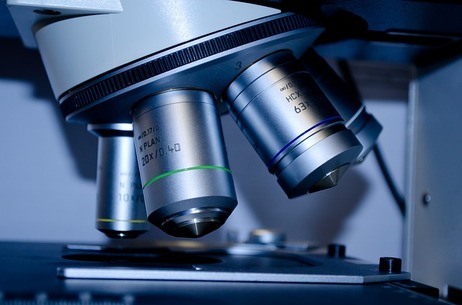Crowdsourcing to Improve Rare Disease Research
Published Nov-23-15Breakthrough:
Using a crowdsourcing approach to bring together academia and industry to accelerate research into and treatments of rare diseases.
Company:
Rare Genomics Institute, United States
The Story:
 Rare diseases affect 300 million people across the world, yet less than five percent of the 7,000 known rare diseases have approved treatments. That’s according to the Rare Genomics Institute (RGI), which is using crowdsourcing to try and improve upon the situation.
Rare diseases affect 300 million people across the world, yet less than five percent of the 7,000 known rare diseases have approved treatments. That’s according to the Rare Genomics Institute (RGI), which is using crowdsourcing to try and improve upon the situation.A disease is considered rare if it affects fewer than 200,000 people in the United States and less than 1 in 2,000 people in Europe.
Researchers who study rare diseases often find it difficult to attract funding and grants of the latest science innovations to help with their investigations.
Crowdsourcing to Boost Research
The difficult research climate sparked the foundation of the BeHEARD (Helping Empower and Accelerate Research Discoveries) Challenge, an annual global crowdsourcing competition hosted by the RGI for any organisation or anyone whose research is stymied by limited resources.
The institute partners with companies to provide technology grants such as mouse models, antibodies and genome analysis software that will benefit research.
Participants submit their rare disease research proposal and select the prize their research needs. The 2015 iteration of the crowdsourcing competition attracted a large response and the winners were selected by a panel of experts.
“This year we received hundreds of outstanding submissions from 99 universities and foundations in 21 different countries," said Dr. Claudia OuYang, BeHEARD Co-Director. “Over $600,000 worth of technologies were awarded to study 31 rare diseases.”
Among the winning proposals were:
• Dr. Carolyn Suzuki who was awarded the BeHeard CRISPR mouse model. This will allow her to
work on CODAS syndrome, which is characterized by cerebral, ocular, dental, auricular and
skeletal anomalies.
• Michael Harris, a parent of a Vici syndrome patient. He received a mouse model that could help
lead to new therapies for this rapidly progressing neurodegenerative disorder.
• Steven Laffoon received drug repositioning services for the study of Acid Sphingomyelinase
Deficiency. This is a fatal neurodegenerative disorder.
• Genome analysis platforms were awarded to 13 submissions to identify disease genes and
biomarkers in rare diseases.
Crowdsourcing Benefits
Access to funding and the latest technologies is difficult in many research environments, but even more so for those studying rare diseases, which account for about 10% of disease prevalence. Consequently, by pursuing the traditional research model only a handful of these diseases have some type of therapy. Therefore, innovative approaches are needed to improve the outcomes for millions of sufferers. Crowdsourcing is one such approach.
In addition to catalyzing relationships between academia and industry, the paradigm can also encompass platforms that allow patient communities to be involved in research and development, and open access initiatives to enable data sharing and exchange of ideas on diagnostic tools and therapeutic interventions.
These combined efforts provide a wonderful opportunity for profound insights that could accelerate research into treatments.
Next Story »


